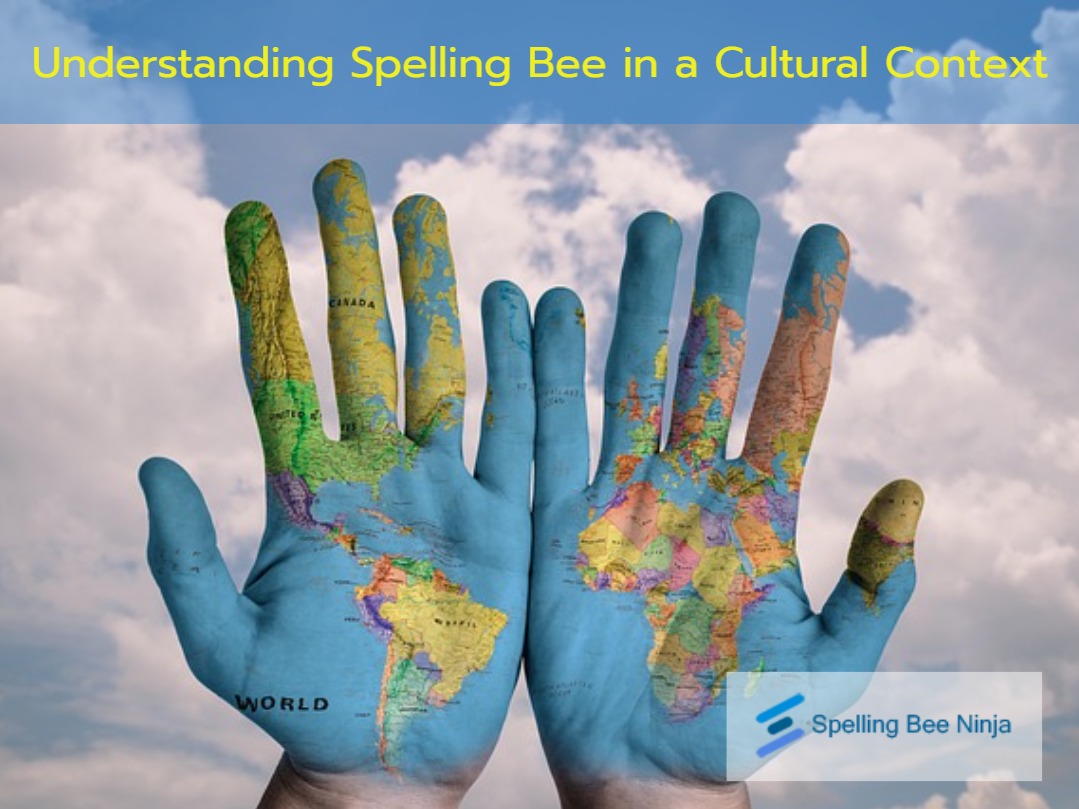Spelling bees often bring to mind bright stages, nervous contestants, and words that twist the tongue. These events do more than test spelling skills. They also highlight subtle connections between language and culture. Some researchers see spelling bees as a window into how people communicate and learn throughout different regions of the world.
Is there a way to become more confident in new words? Many language learners practice by studying word roots. Others look for guides on how to learn a language effectively. Spelling bees can be part of this strategy because they offer real-life challenges. They also show just how diverse English, and other languages, can be. Contestants may learn words from science, art, music, and even local slang. Each term carries a story of its cultural origin, making spelling bees about much more than letters on a stage.
Building Language Skills Through Competition
Spelling bees are not just contests of memorization. They rely on context, pronunciation, and a participant’s familiarity with different language roots. When a word that sounds French or Latin appears, contestants rely on clues about the word’s history. This can help them guess tricky combinations of letters.
Audience members also benefit. They become part of the learning process, hearing unusual words and sometimes sharing stories of how those words are used in everyday life. This social aspect makes competitive spelling events feel like group lessons, rather than just exhibitions of skill. For many people, these events inspire curiosity about linguistics and its role in communication. By connecting competition and learning, spelling bees encourage consistent practice and exposure to new vocabulary. This can be more motivating than lone study sessions. Over time, the excitement of a public stage can build both confidence and language competence.
Regional Vocabulary Differences
Spelling bees highlight differences that emerge across regions. Words spoken in one area might have a different twist in another. These differences can reflect: • Local dialects. • Historical influences from settlers. • Neighboring languages. • Unique expressions tied to traditions.
Such contrasts show that language is flexible and ever-changing. Spelling challenges can underscore a region’s identity. In many contests, a word’s origin is explained, leading to insights about how culture shapes language use. Even words that are spelled the same across the country may be pronounced differently. This mix of sounds and spellings encourages deeper study of how societies develop their own linguistic style. Learners who notice these regional twists often gain a more complete understanding of how words truly work.
Cultural Expressions in Spelling Bees
Spelling bees can also be a platform for cultural voices. Some words have deep historical or ethnic roots. When these words appear in a contest, they serve as an introduction to customs many may not be aware of. Contestants who understand the culture behind these words often have an easier time remembering subtle spelling patterns.
In certain communities, spelling bees act as local traditions. They bring family members and neighbors together to share in the joy of language. Cultural references might appear during breaks or at the judging table, where organizers explain lesser-known terms. These factors make each spelling bee unique. The diversity within a single competition might surprise some observers. One round might feature an old English term. Another round might pull from a Caribbean or Asian language source. As a result, participants widen their cultural understanding while refining their ability to spell under pressure.
Adapting Spelling Bee Strategies for Everyday Use
How can these lessons go beyond the stage? Some approaches can be put into daily learning: • Study Etymology: Learn the origin of words. This often reveals clues to spelling. • Practice Active Listening: Pay attention to how words sound in different dialects. • Explore Cultural References: Words linked to foods, celebrations, or history can be easier to remember. • Accept Mistakes: In a spelling bee, a wrong guess still teaches a valuable lesson.
Such methods don’t need a competitive setting to work. They can be part of normal study habits or group activities. People of all ages can build a deeper look into how words link communities. Even a casual approach to these strategies can transform how someone experiences language.
Final Thoughts on Cultural and Linguistic Nuances
Spelling bees offer a unique lens on communication. They combine the excitement of performance with lessons in culture and linguistic shifts. Each time a word is spelled, there is an opportunity to reflect on its background and deeper meaning. Even those who have never been in a spelling bee can learn to notice these hidden layers.
As communities continue to grow in diversity, events like these can remind us that language is our common thread—one that evolves with every generation. By noticing spelling patterns, cultural references, and regional differences, learners can become more confident in their language journey. These contests stand as proof that words are never just letters on a page. Instead, they are living markers of history and identity, bridging cultures through shared knowledge. Isn’t that a compelling reason to explore language more deeply?


